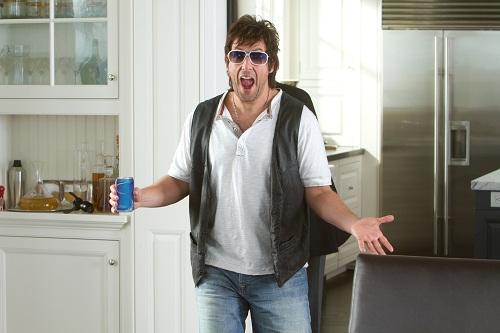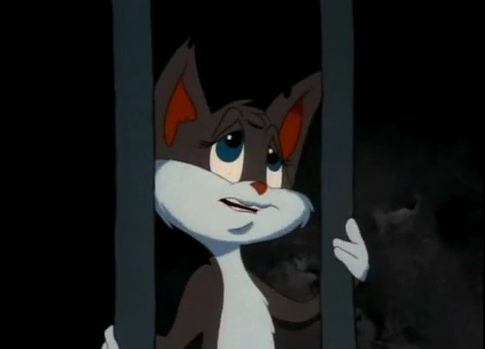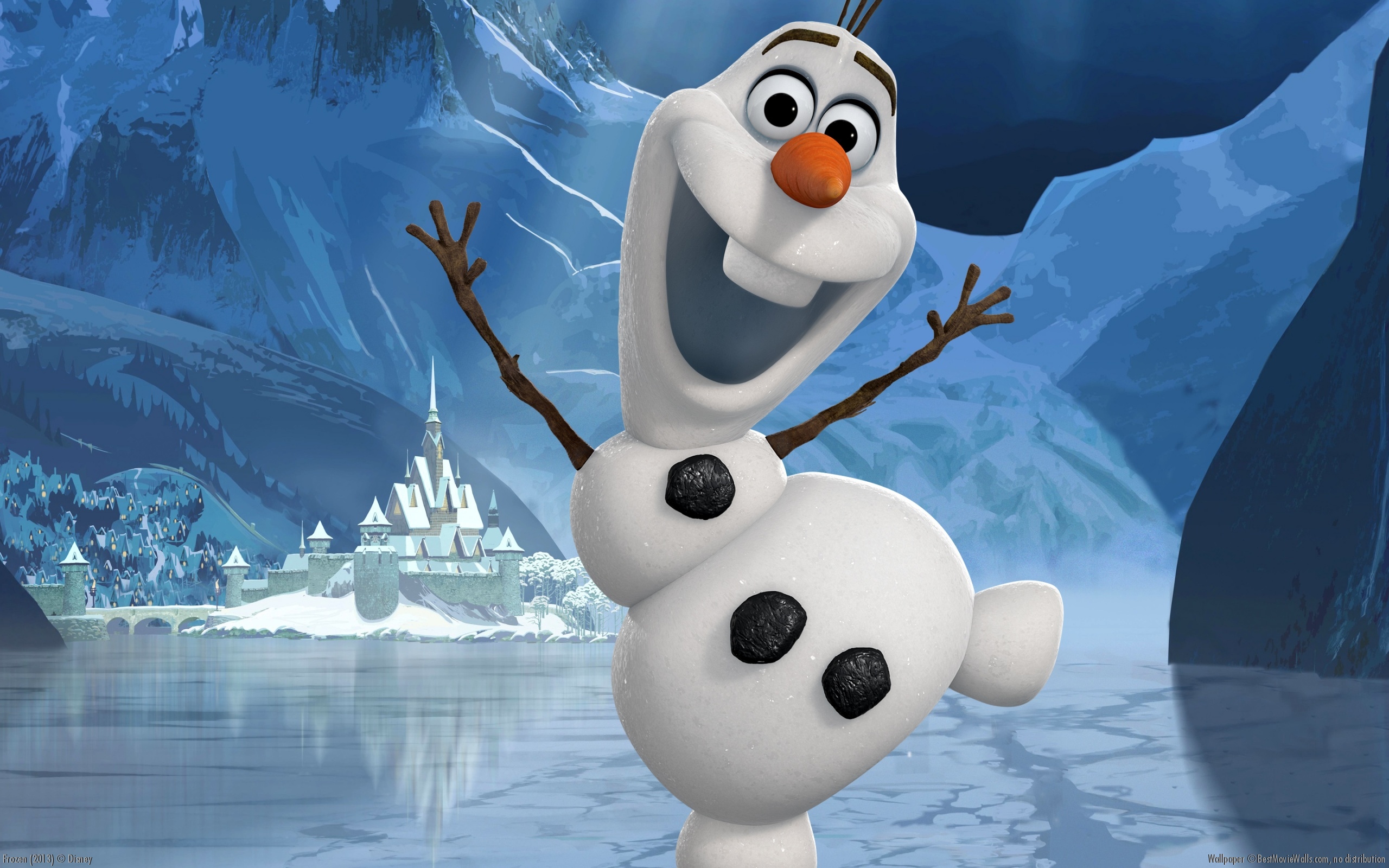 |
| A scene from "Ouija," which is not one of the top films of the year but is among the funniest. © 2014 Universal Studios. |
It's been a pretty good year for movies. This hasn't been a year with a plethora of standout films — certainly nothing as memorable as “No Country for Old Men” or “There Will Be Blood” — but 2014 had a number of well-above average films during both the blockbuster summer months and the prestige season, which is a rather rare feat.
As in years past, this list of top films only includes reviewed movies during the last 12 months. That knocks out a pretty terrific selection of films like “The Lego Movie” (my favorite from 2014), “Godzilla,” “Snowpiercer,” “Under the Skin,” “Big Hero 6,” “Blue Ruin” and “The Grand Budapest Hotel.”
So here are the top six movies I reviewed in 2014, along with the very worst film I had the pleasure of witnessing this year.
No. 1: “Foxcatcher”
 |
| Channing Tatum as Mark Schultz and Mark Ruffalo as David Schultz in "Foxcatcher." Photo by Scott Garfield, courtesy Sony Pictures Classic. |
The top spot goes to “Foxcatcher” due in large part to the terrific trio of lead performances by Channing Tatum, Steve Carrell and Mark Ruffalo. All three have received well-deserved accolades for their work, although the subtle wonder of Tatum's performance has gotten a little lost during the award season.
But “Foxcatcher” is much more than an actor showcase; it's a marvel of mood and tension by director Bennett Miller. There's nary a moment when the audience feels safe, as the undercurrent of dread and woe forges a constant chill and discomfort. I wish more films based on real events — “Foxcatcher” is a fictionalized retelling of wrestler David Schultz's death — could keep viewers guessing as well as this one does.
No. 2: “The Raid 2”
 |
Iko
Uwais as Rama and Cecep Arif Rahman as The Assassin in "The Raid 2."
Photo
by Akhirwan Nurhaidir and Gumilar Triyoga, courtesy Sony Pictures
Classic. |
When I mentioned the minimal number of memorable films from 2014, this one is among the exceptions (along with “Under the Skin” and “Snowpiercer”). “The Raid 2” might be one of the greatest action films ever created, complete with a collection of unforgettable fight scenes immaculately staged. Just writing this brings back thoughts of the prison yard brawl, the toilet stall melee, the nightclub, the car chase and a particularly impressive final fight sequence.
What separates “Raid 2” from the average action flick is an operatic story that plays like a lesser “Godfather,” which I promise is not an insult. The film starts off with a bang, setting the stakes and showcasing the repercussions of the actions from the original film, and the scope just gets broader and broader from there.
No. 3: “Captain America: The Winter Soldier”
 |
| Captain America/Steve Rogers (Chris Evans) and Black Widow/Natasha Romanoff (Scarlett Johansson) in a scene from "Marvel's Captain America: The Winter Soldier." Photo by Zade Rosenthal. © 2014 Marvel |
Admittedly I liked the No. 4 film more than this, but I flipped the spots because “Captain America: The Winter Soldier” is, objectively, the better film. It's a 1970s thriller transplanted to the future present (present day but with future technology), which is kind of a risk given the relatively low box office tally from the first “Captain America” flick.
Fortunately, the filmmakers succeeded in creating a spot-on replication of films from that era like “All the President's Men,” and it's buoyed by lead performances by Chris Evans — he has the Captain America role down pat — and Scarlett Johansson. The two establish an excellent rapport, their initial mutual distrust evolving into a platonic friendship. Hopefully, Marvel will finally make a Black Widow film; Johansson proved her acting chops in 2014 in this, the No. 6 film, and her Academy Award worthy performance in “Under the Skin.”
No. 4: “Guardians of the Galaxy”
 |
| The very ripped Chris Pratt stars as Peter Quill/Star-Lord in "Guardians of the Galaxy." © Marvel 2014 |
I liked all of the films on this list, but the two movies I had the most fun watching were “The Lego Movie” (I seriously love that film) and “Guardians of the Galaxy.” It gets dinged a bit for being an origin film — like “Captain America,” the sequel should be much stronger — but the film has a strong blend of heart, melancholy and joy (the opening credit sequence featuring a dancing Chris Pratt sets the tone perfectly) and it doesn't skimp on the action sequences.
Marvel and Disney took an enormous risk — much larger than the one made for film three — making the unknown “Guardians of the Galaxy” a tentpole film starring the doofus from “Parks and Recreation” and directed by the man behind “Slither,” and the risk paid off in the top grossing domestic film of the year.
No. 5: “The Signal”
 |
| Beau Knapp stars as Jonah Breck and Brenton Thwaites as Nic Eastman in "The Signal." Photo by Focus Features. |
What a strange little film “The Signal” is. It has but one star (Laurence Fishburne) with a modicum of fame and a mishmash tone that bounces from found footage flick to CW drama to epic sci-fi action film, which, combined, leaves the audience a bit dizzy.
Aside from a dreadful final twist no filmmaker should ever try again, the film works. It's a shocking, disjointing film with a few visually stunning scenes courtesy director William Eubank and cinematographer David Lanzenberg — the most notable being a final, magnificent shot that drives home the film's themes of isolation. A weird film for sure, but a well executed one nonetheless.
No. 6: “Lucy”
 |
| Scarlett Johansson in a scene from writer/director Luc Besson's "Lucy." © 2014 Universal Studios. |
While “The Signal” is weird, “Lucy” is straight-up gonzo, vomiting up pseudoscience and some very strange action sequences to form a wonderful mess of a film. Writer/director Luc Besson lets his mighty imagination run wild and forms a singular action/sci-fi B-movie. I have a soft spot for films that just go for lunacy (I advocate for “Southland Tales” for that reason alone), as it takes more cajones to go big than to play it safe.
“Lucy” wouldn't succeed though without the yeoman work put in by Scarlett Johansson. She's the heart of the film, the one thing keeping Besson's insanity from going completely amok, and her dry, cool and focused performance adds a vital balance to the film's ridiculousness.
Last (and least): “The Bag Man”
We had a few contenders for this award, with “Dumb and Dumber To,” “Expendables 3,” “Purge: Anarchy,” “Endless Love” and “Ouija” all putting up a fight to be the worst. All five had major flaws, but they either least showcase a modicum of filmmaking competency (“Dumb and Dumber To,” “Purge: Anarchy” and “Expendables 3”) have one delightfully over-the-top performance (Bruce Greenwood in “Endless Love”) or are entertaining because of their awfulness (“Ouija”).
And then there's “The Bag Man,” a risible film that created far more questions than answers. What the hell are John Cusack and Robert De Niro doing in this thing? Who the hell is Rebecca Da Costa and why does she get second billing? Who gave writer/director David Grovic funding for this thing? Why did Grovic adapt a different screenplay to make this film? Seriously, who the hell is Rebecca Da Costa?
“Bag Man” is the rare film to fail on all fronts. The actors lack talent (Rebecca Da Costa), lack interest (Cusack, De Niro and Crispin Glover) and lack any motivation besides cashing that check (Cusack and De Niro). It's a poorly shot film with an illogical and ugly script with the vibrancy of a dead water buffalo, and there's nothing worse than a film that's bad and boring. If “Bag Man” contributes one thing to our society, it's the death of Grovic's and Rebecca Da Costa's filmmaking careers.
 |
| It reaches Sandlerian levels of vitriol. |







